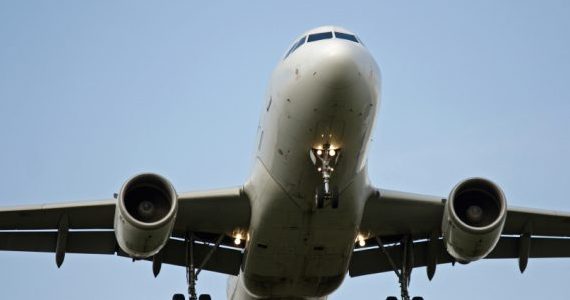Aviation – the Cinderella of the Coalition’s Transport Strategy?
November 1st, 2010
Aviation – the Cinderella of the Coalition’s Transport Strategy?
Simon Buck, chief executive of the British Air Transport Association today described aviation as the Cinderella of the Coalition’s Transport Strategy.
“Following publication of the spending review, we have seen a stream of spending announcements from the Department of Transport. These include over £2bn on railway station upgrades, £750m on a national high-speed rail network, and commitments to 24 road and public transport schemes. These spending commitments are to be welcomed and it is noteworthy that the government sees transport investment as a key driver of economic growth, both nationally and in the regions, despite the inevitable environmental cost in terms of land use, noise and increased carbon emissions: around 90 per cent of UK domestic transport emissions already come from road transport.
But what about aviation? As a sector, aviation plays a key economic role for our island trading nation, representing around 1.5 per cent of the UK economy, providing jobs for a quarter of a million people, and transporting most of our manufactured goods by value to countries beyond the EU. Surely the government is investing in that too? The simple answer is no. Unlike other modes of transport which receive public subsidies of many billions of pounds per year, aviation infrastructure is not funded by the government but by the industry itself. Perhaps more surprisingly, the coalition government has yet to develop any tangible aviation policy, and is unlikely to have one finalised within the next 18 months.
In the meantime, however, government is dramatically increasing the tax on flying from November 1 this year, with increases of up to 50 per cent. After one of the most disastrous years on record for aviation, this is a kick in the undercarriage that the industry can ill afford. Aviation already more than pays for the environmental costs of the six per cent of total UK CO2 emissions it produces through the imposition of air passenger duty (APD). Britain now suffers from the heaviest tax on flying in the world; as much as £170 on a single ticket. Indeed, the Treasury now makes more money from the tax on flying than it does from the Bank Levy or from duties on alcoholic spirits, intending to raise almost £3bn in the next financial year. This level of taxation is especially damaging to regional airports, where some routes have been lost over the last few years to our near-continental competitors who impose little or no similar tax on flying and are actively building new runways to accommodate new traffic. There must be no more tax increases on our industry if we are to play our part in boosting Britain’s economic recovery.
The only significant policy announcement the government has made to date was to ban the construction of a new runway at Heathrow, Britain’s principal hub airport that is full to bursting point for much of the day, Gatwick or Stansted. It is estimated that a new runway at Heathrow would yield around £30bn of benefits to Britain’s depressed economy, and that around £1bn of benefit is foregone by every year that construction of the new runway is delayed. Tourism is Britain’s third-highest export earner. But 75 per cent of tourists visit Britain by air. The prime minister wants to boost the number of visitors to Britain and our important earnings from tourism. But with high taxes on flying and limited runway capacity in the most-visited region of the UK, the government’s strategy seems less than joined up, and aviation remains the Cinderella that has yet to go to the ball.”
ENDS


